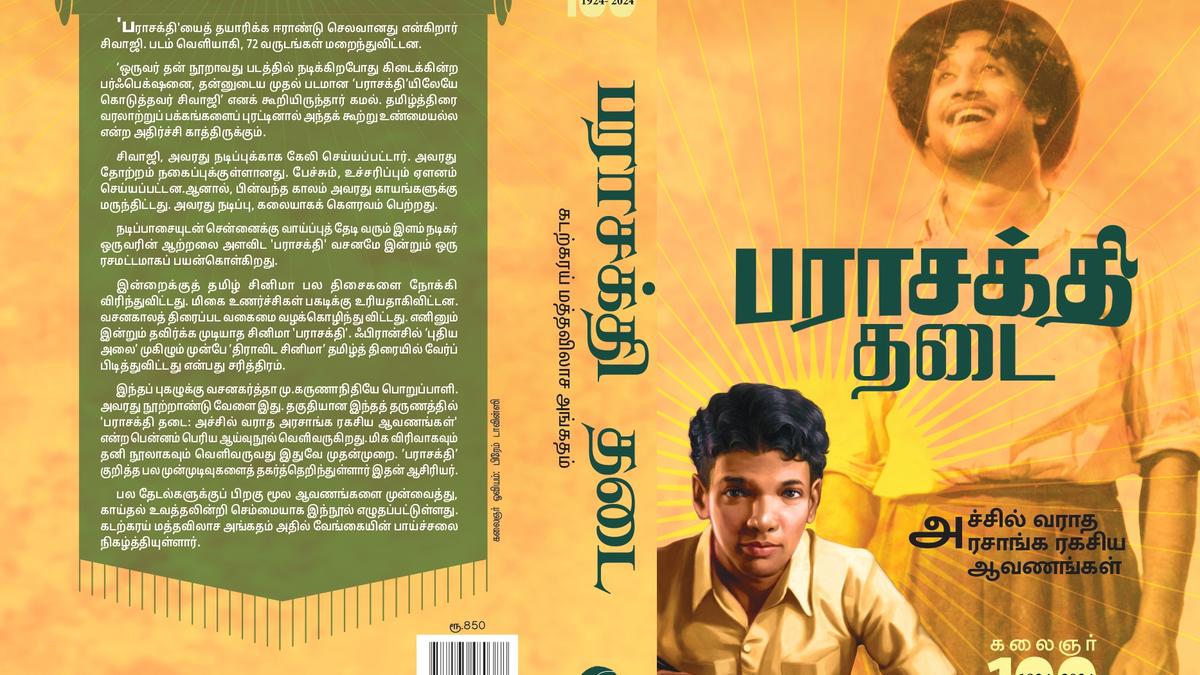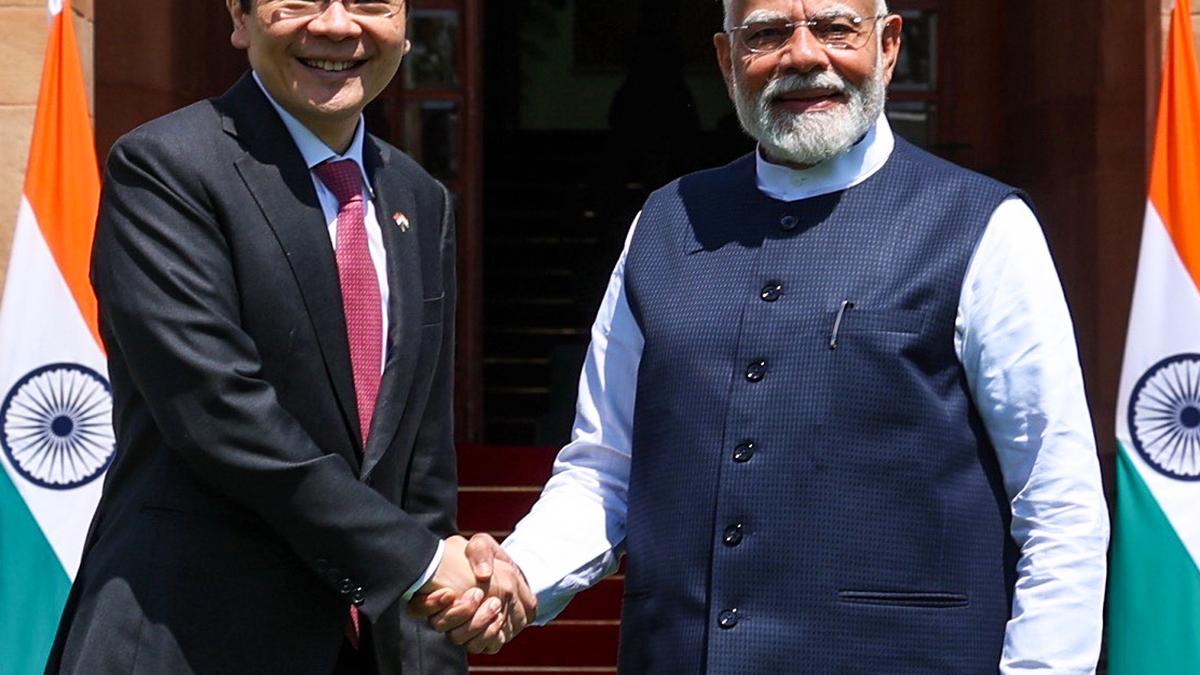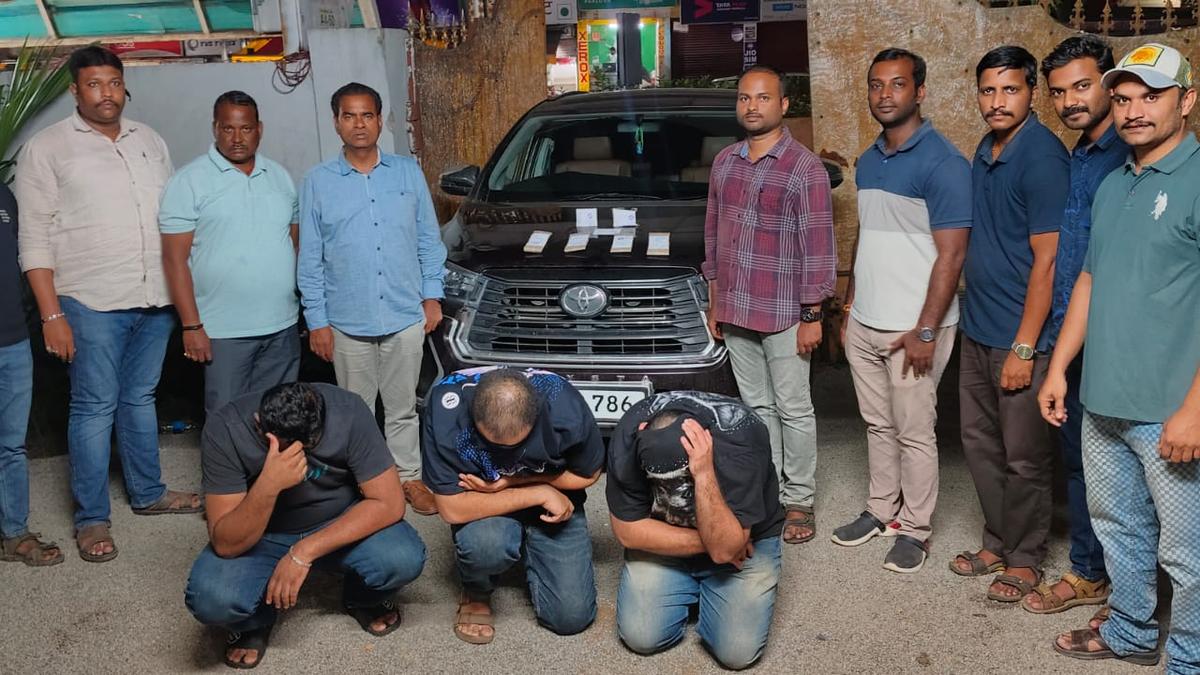In 1952 the Tamil film Parasakthi, which was Sivaji Ganesan’s debut on the silver screen, kicked up a storm. Now 73 years later, an 1,120-page monumental book titled Parasakthi Thadai: Achil Varatha Arasanga Ragaisya Avanangal (Parasakthi Ban: Secret Government Documents That Never Went to Print) traces the film’s journey, the obstacles it encountered, the controversies it stirred, and the great success it ultimately achieved.
Even before the emergence of the French New Wave — a film movement in France that rejected earlier film-making — Dravidian cinema had taken root in Tamil Nadu. “The credit should go to the dialogue writer of the film, M. Karunanidhi. He had rewritten the dialogues for the court scene nine times,” says Kadarkarai, the author of the book, who worked for 22 years to collect the documents. He says the book marks the centenary of Karunanidhi, and is likely to be released in December.
The book contains the speeches of Karunanidhi, a five-time Chief Minister, fondly called Kalaignar, and Sivaji Ganesan, the hero of the film, who enthralled audiences with his dialogue delivery, the representations sent to the Congress government, led by Rajaji (C. Rajagopalachari), seeking the film’s ban, the certificates issued by the Censor Board, letters from the then Home Secretary, pamphlets issued by DMK members urging people to watch the film before a ban is imposed, and many other documents.
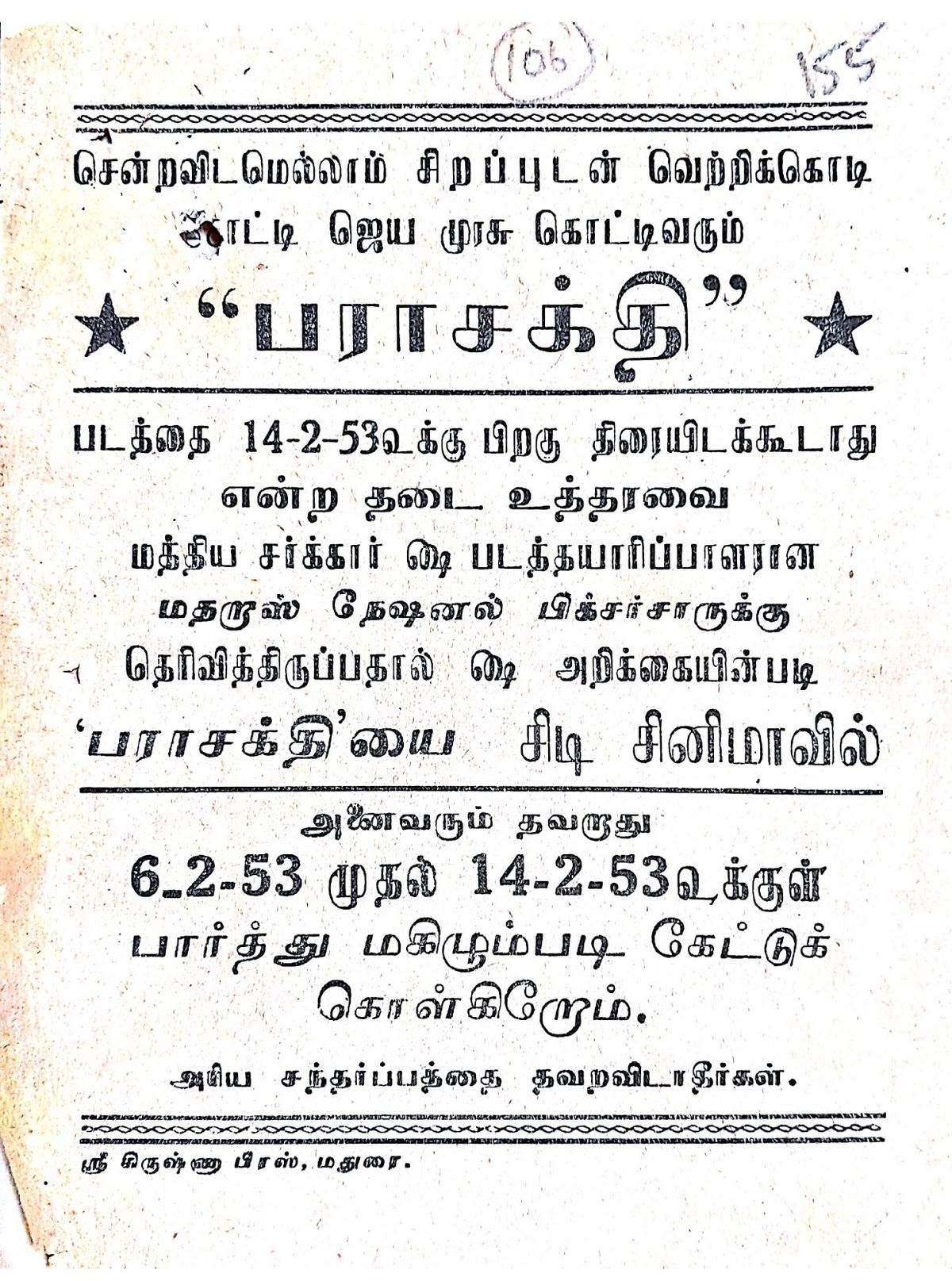
The pamphlet about the film’s ban that was distributed by DMK supporters.
| Photo Credit:
Special arrangement
“But the film, released on Deepavali — 17 October 1952 — continued to be shown until June 1953, despite the hue and cry against its screenings,” explains Mr. Kadarkarai, who has worked as a literary assistant to Karunanidhi. The urge to collect the documents and publish them as a book, he said, arose after he participated in the 50th anniversary event of the film at AVM Studios. He had also read the late M.S.S. Pandian’s article, Parasakthi: Life and Times of a DMK Film, in the Economic and Political Weekly in 1991, which captured in detail the controversy surrounding the film.
Signalling a shift
“Parasakthi stood in 1952 as a sign of the coming days of a parliamentary Dravidian movement. Whilst the film still carried some of the radical tendencies found in the early Dravidian movement, it was at once a signpost in its historical course, pointing to the consensual politics the DMK was destined to play in Tamil Nadu,” wrote Pandian.
It was not just the anonymous Tamilan but Parambi Lonappan, an ex-High Court judge and ex-Minister of Cochin State; S. Chinnasamy, a salt merchant; K.R. Doraisamy, a cloth merchant; P.S. Subbraman, a fertilizer distributor and merchant; P.E. Murugesan, the vice-president of Choolai Seva Sangam; and G. Umapathi, a Congress councillor, along with many other organisations sympathetic to the Congress, who made a strong case for banning the film.
Mr. Kadarkarai says that after pressure mounted, O. Pulla Reddy, the then Home Secretary, issued a direction to the police intelligence department to watch the film and file a report, as the film had been released not only retaining the cuts suggested by the Censor Board, but had also added three more scenes. However, the intelligence officer wrote a sympathetic report after watching the film.
Producer’s apology
When the Censor Board issued a notice to P.A. Perumal of Madras National Pictures, the producer of the film, regarding the violations, he wrote to the Secretary of Information and Broadcasting, seeking an apology. “This is the first picture we have produced, and we are quite new to this line. Whilst fully admitting our transgressions, we request that the government take into full consideration the absolutely innocuous character of the additions before they come to any decision on the matter,” wrote Perumal in his letter dated February 11, 1953.
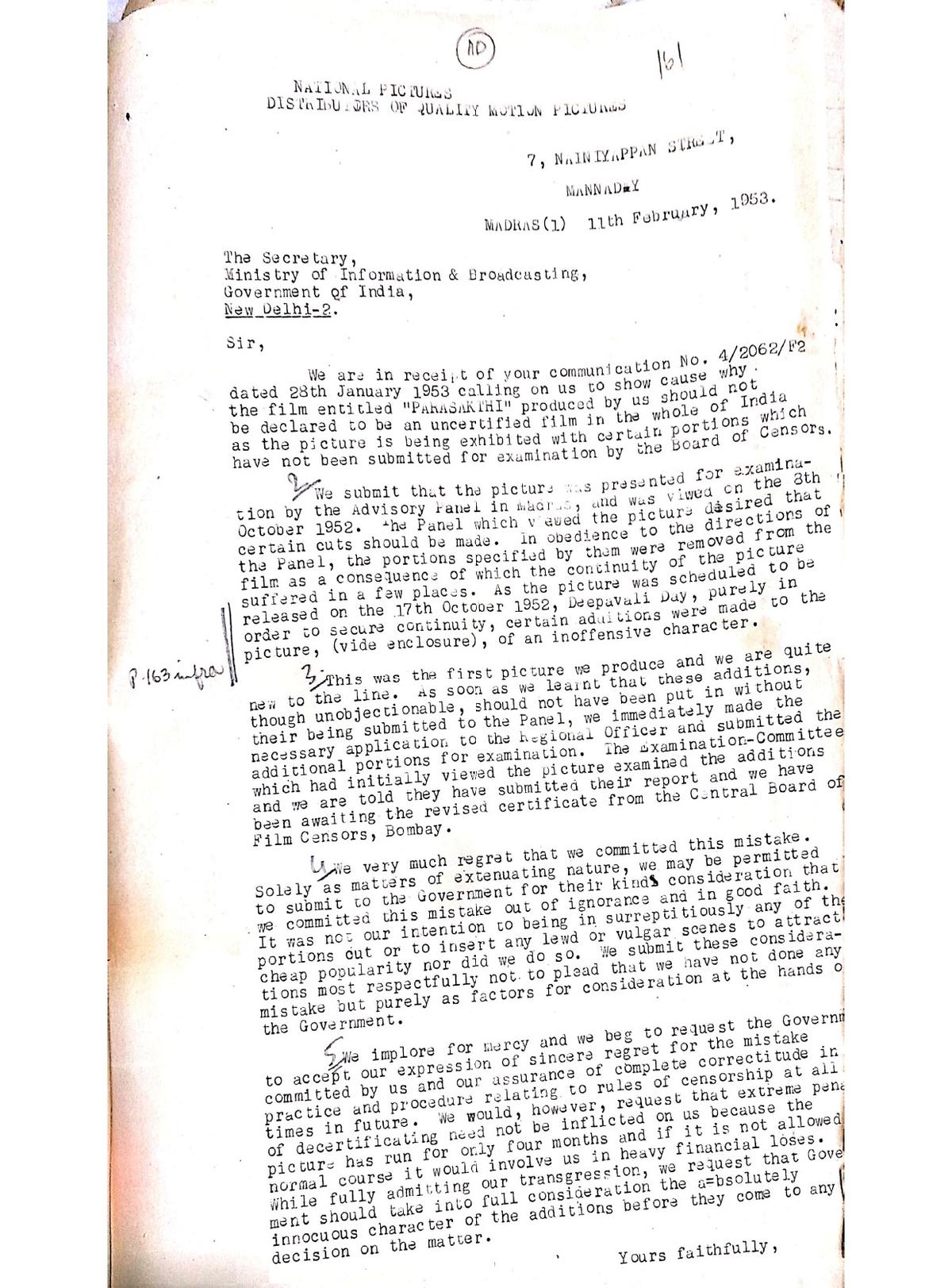
The letter of apology letter written by P.A. Perumal of Madras National Pictures, the film’s producer.
| Photo Credit:
Special arrangement
In the meantime, there was also a rumour that the film would be banned after February 14, 1953. Supporters of the DMK distributed pamphlets urging people to watch it before any action was taken by the Central government. “But nothing happened. The film achieved great success and continues to remain a trendsetter and yardstick to evaluate a young actors’ talent,” Mr. Kadarkarai adds.
Published – October 13, 2025 09:09 am IST
